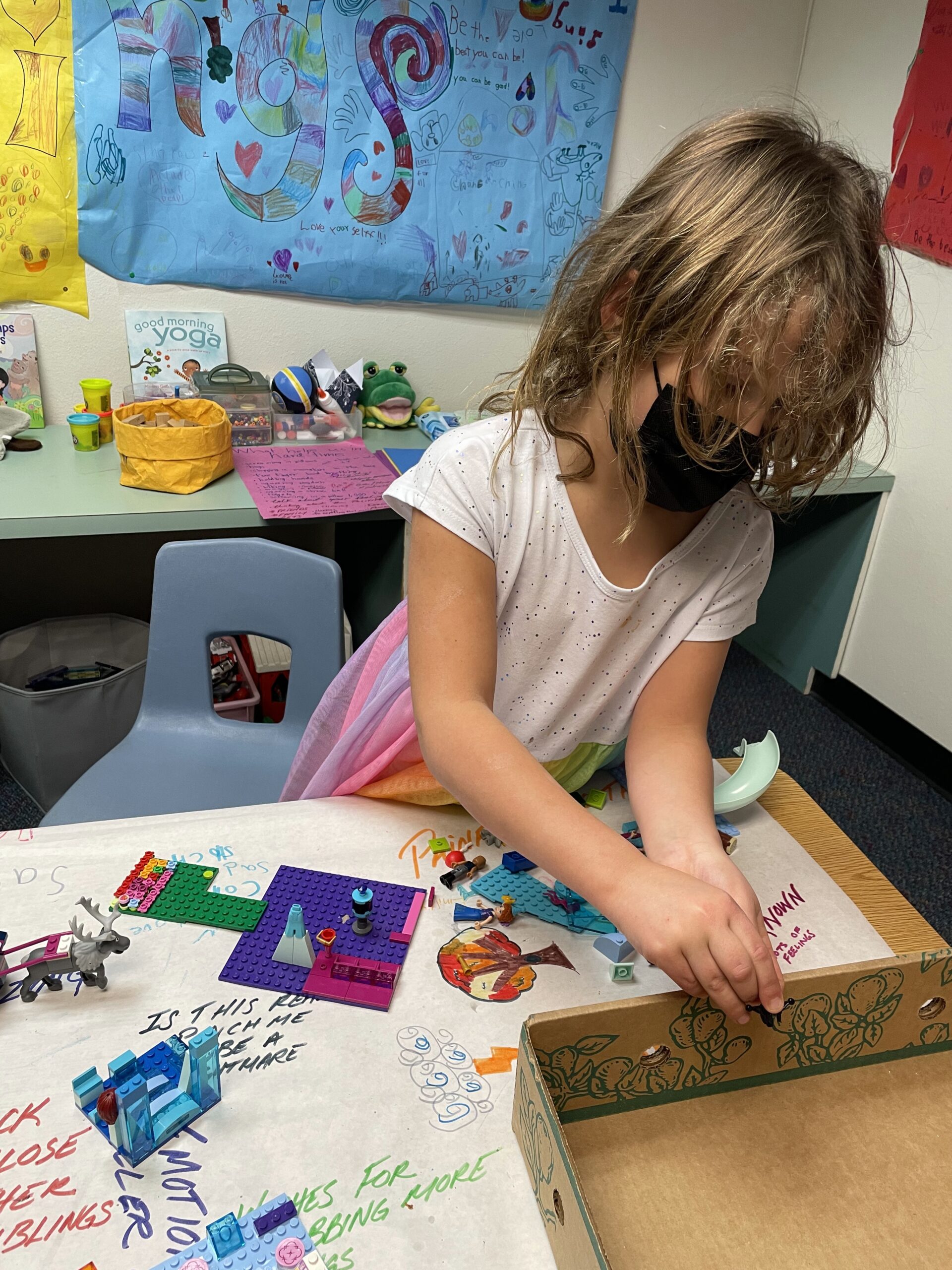Supporting youth mental health in schools

“Our world, in general, has been causing some stress on our students,” said Maryerin Mueller, a behavioral health advocate in the Boulder Valley School District (BVSD) in Boulder, Colorado, in a video produced by the school district’s supportive services foundation, Impact on Education.
“They are so attuned to everything that’s happening, whether it’s climate, whether it’s politics, whether it’s war, and then you bring on the pandemic, and then you bring on fires, and you bring on the King Soopers shooting, and so there’s all sorts of things that have been piling on top of each other that have just been causing intense amounts of stress and anxiety for our staff and our students.”
Student well-being is a critical indicator of academic success. According to a meta-analysis study published in the Journal of Research in Personality and summarized in Megan Bates’ and David M. Boren’s Assessing Wellbeing in Schools: An Educator’s Practical Guide to Measuring Wellbeing, “Overall wellbeing enhances intrinsic motivation, decreases disciplinary problems, increases academic achievement, improves school satisfaction and leads to flourishing of individuals, communities and nations.” (Buecker et al., 2018)
Being able to cope with external stressors is a learned skill, one that young people often need guidance in developing. Children’s Hospital Colorado declared a pediatric mental health state of emergency in May of 2021, citing skyrocketing demand for mental health services among Colorado’s youth.
According to Impact on Education’s grant proposal, referrals of BVSD students to mental health service providers and school counselors rose by 86% during the 2021-2022 school year compared to the same period during the previous year.
After the Marshall Fire and subsequent wildfires that affected the Boulder Valley School District (BVSD), Impact on Education staff realized that not only did they need to design a program in response to this crisis, but their program design and service provision would need to ensure that BVSD counseling and teaching faculty in the schools most profoundly impacted would not become overburdened. They would also need to make sure that parents and caregivers of school-aged children were supported. Services had to be culturally responsive and provided on school campuses during the day.
With support from CDP’s Colorado Wildfires Recovery Fund, Impact on Education hired four mental health advocates (MHAs) and provided them with extensive training to meet the unique mental health needs of 4,640 students impacted by the Marshall Fire. School district faculty were also invited to participate in the training, a key step in ensuring that teachers and staff were well-equipped to identify student and family needs and facilitate referrals to Impact on Education or external resources.
Educators and MHAs reported students needed help with meeting basic needs, behavioral interventions related to mental health and stress, suicide assessments, and depression and anxiety consults. Small support group gatherings were held every six weeks during the school day and consistently saw student participation.
Because CDP funded the hiring of the MHA team, Impact on Education could allocate sufficient program resources to also pilot its first in-house Wellness Center, hosted on the campus of Monarch High School, where 1 in 10 students was affected by the Marshall Fire.
In its first year, 585 unique students (38% of the student population) visited the Monarch Wellness Center a total of 4,000 times to recharge and speak with trained mental health professionals.
The disaster recovery mental health services Impact on Education was able to provide with support from the CDP grant have been so well-received that the foundation committed to continuing – and expanding – them through the 2023-2024 school year as the affected communities continue to recover from the losses and traumas of a devastating 2022 wildfire season. CDP is proud to be a partner in this effort.
Access to disaster trauma-specific mental health services is a critical component of recovery – perhaps even more vital for children and youth. Yet, this access is often overlooked for survivors who are least likely to be offered these services. CDP is proud to promote and support disaster mental health services to help ensure a holistic, just and equitable recovery for all.
Story by Laura Grantham